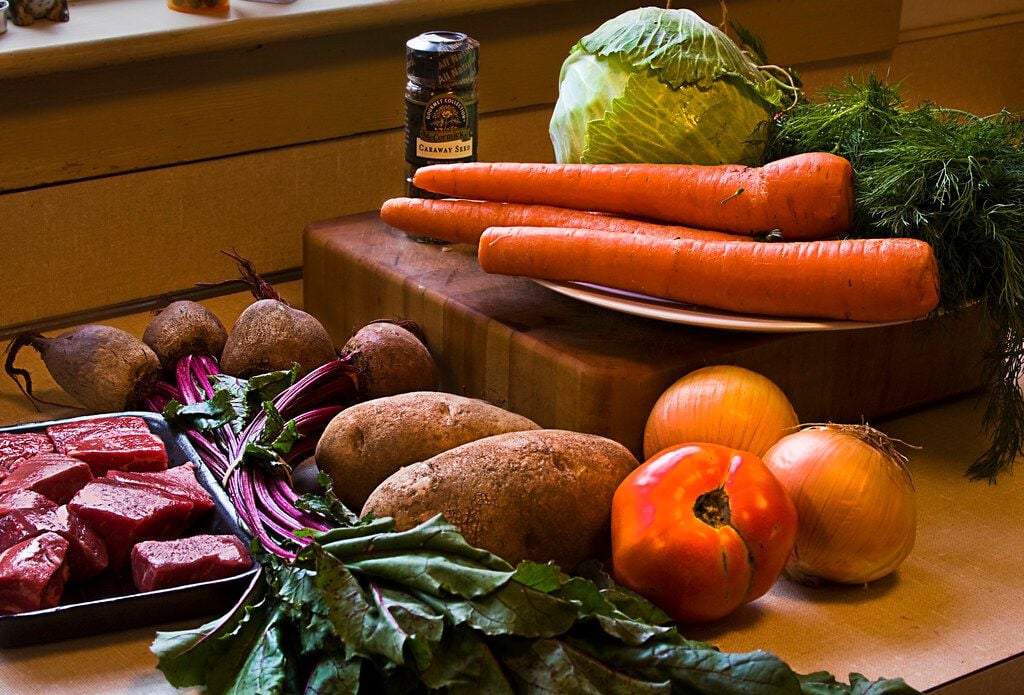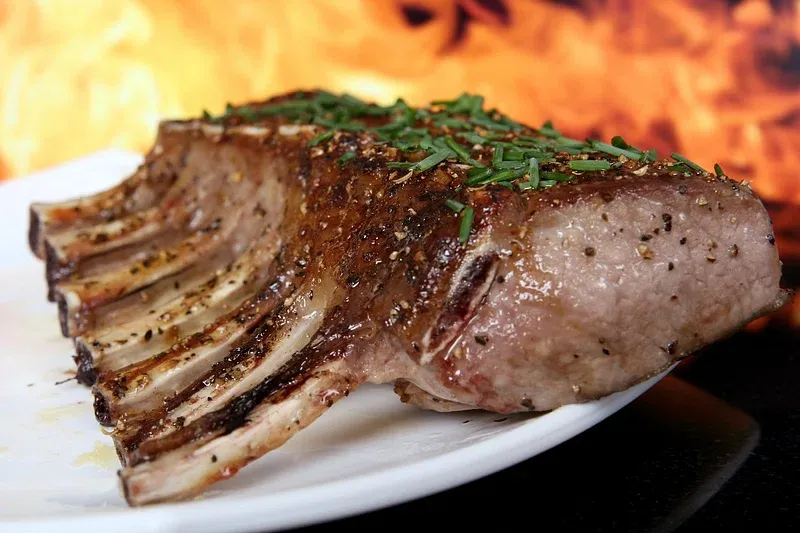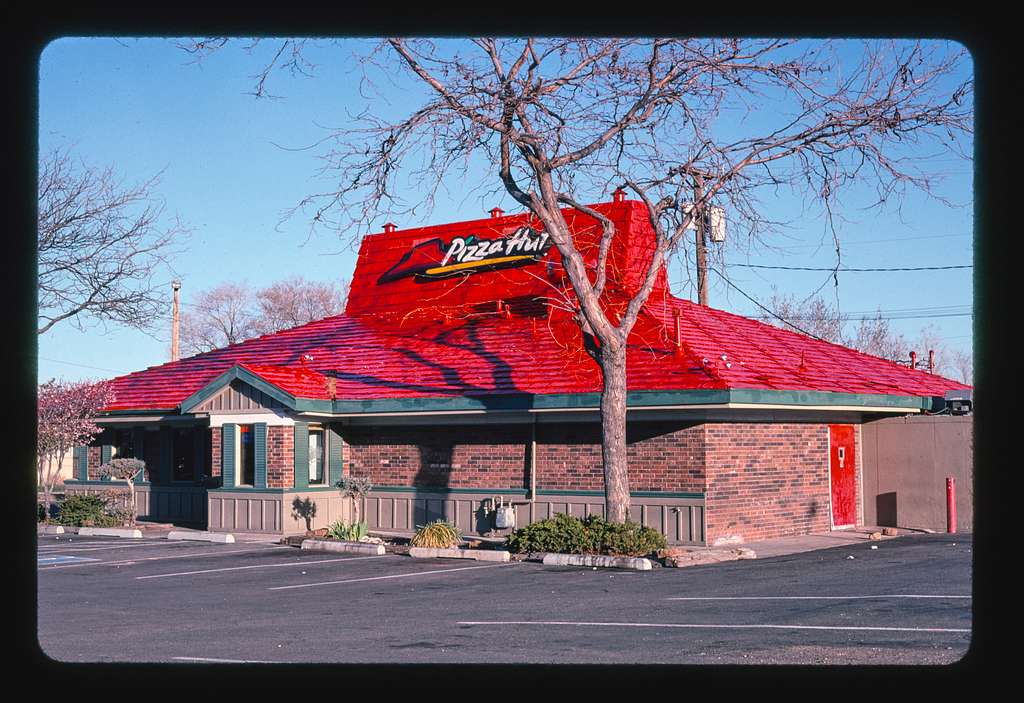
When Does Beer Lose its Prime?
- May 3, 2024
For wine collectors, the optimal time to open a precious bottle is often a matter of deep deliberation. Yet, with beer, the question of whether it ever goes off still creates a stir. Luckily, there's no real panic necessary.
"Although beer doesn't exactly go off, it can lose its initial freshness," explains Tara Nurin, an acclaimed journalist and educator specializing in beer and spirits. She's also the author of 'A Woman’s Place Is in the Brewhouse: A Forgotten History of Alewives, Brewsters, Witches, and CEOs'. "As long as the beer contains alcohol – non-alcoholic beers are a separate story – an aged beer won't harm you or cause illness. The style and quality of the beer will largely determine its shelf life," she adds.
While many beers sport expiration or 'drink by' dates, they don't spoil immediately after that date. The trick lies in identifying the signs that a beer has overstayed its welcome as soon as you open it.
Nurin identifies warning signs of an aged beer that hasn't stood the test of time. These signs can depend on the beer’s style, ingredients, and storage conditions. “The typical tastes and smells of a beer past its prime often resemble cardboard, sherry, or vinegar. A hoppy beer, such as a hazy IPA, will not retain its freshness beyond one or two months, and the missing ‘zing’ or brightness is usually the indication of that,” she explains.
According to Nurin, beers that carry a stronger malt or higher alcohol content generally last longer. “Intense, dark, malty beers like barleywines and imperial stouts can sometimes continue to taste wonderful even decades later. Belgian beers that undergo secondary fermentation inside the bottle thanks to a last-minute addition of yeast, tend to have the longest lifespan. This is due to the yeast continuously altering the beer’s composition within the package," she illuminates.
However, hoppy beers usually have a shorter shelf life. Nurin indicates, “Most hoppy beers should be consumed fresh as hop flavors diminish over time. However, it's interesting that some excessively hoppy and strong beers age exceptionally well. For instance, a double IPA with heavy alcohol content and a robust malt structure still can hold its own even after the hop flavours have faded away. It can still make for an exceptional beer!"






